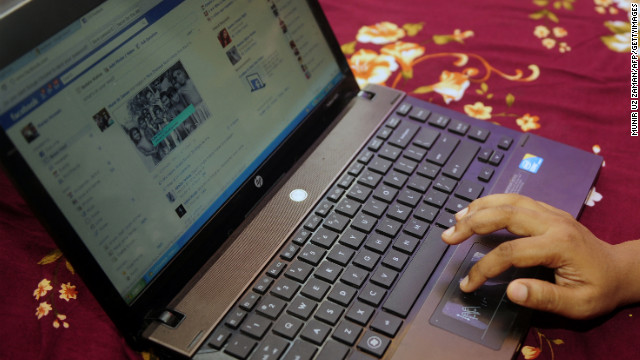
Last month, in the midst of the raging controversy over the US web snooping programme PRISM, President Barack Obama had said it was impossible to have 100 per cent security along with 100 per cent privacy and zero inconvenience. On Friday, National Security Adviser Shivshankar Menon echoed a similar sentiment, arguing that in view of the continuing threat to Indian cyberspace, there was need to change the definition of privacy.
"We have no choice but to benchmark our capabilities to best of the world, aligned with international best practices... and we have to change the definition of privacy, what is the necessary privacy," Menon said at a function to release 'Guidelines for the Protection of National Critical Information Infrastructure'.
However, MEA spokesperson Syed Akbaruddin had earlier cautioned that, "if it is discovered that Indian laws relating to privacy of information of ordinary Indian citizens have been violated, we would find it unacceptable".
The IT network, the NSA said, needed to be secured in a lawful manner. There was need to pool resources and establish synergy to enhance cyber security, he said. Asked about reports of cyber attacks emanating from China, the NSA said there was no proof of it. He rejected a recently released Norman Shark report which accused India of cyber espionage directed against Pakistan. He, however, refused to comment on India's counter-offensive capability.
Under the National Critical Information Infrastructure Protection Centre (NCIIPC) guidelines, critical information infrastructure includes transportation, energy, finance, information and communication technology, law enforcement, security and intelligence, defence and space. The guidelines are supposed to enhance the prepardeness, including prevention, response, and recovery from cyber threats to the critical information infrastructure.

No comments:
Post a Comment